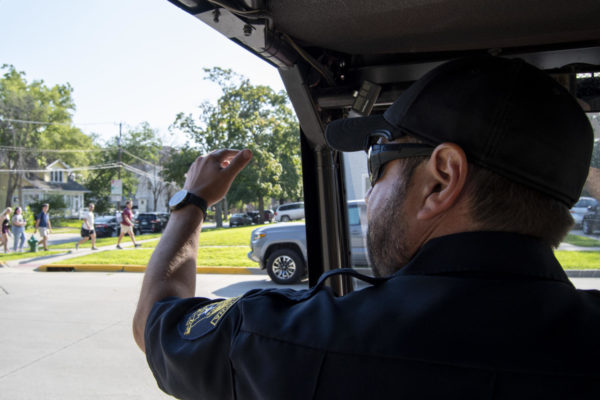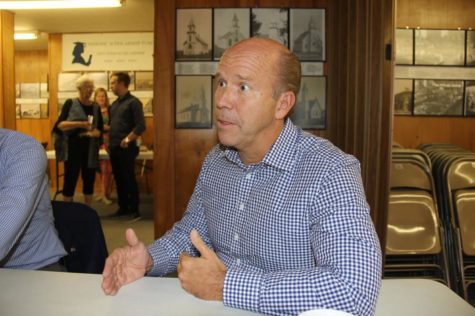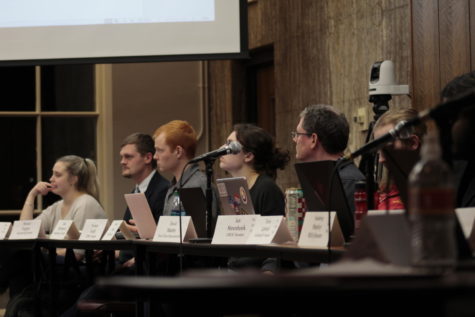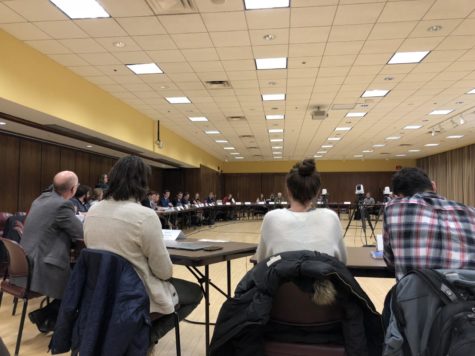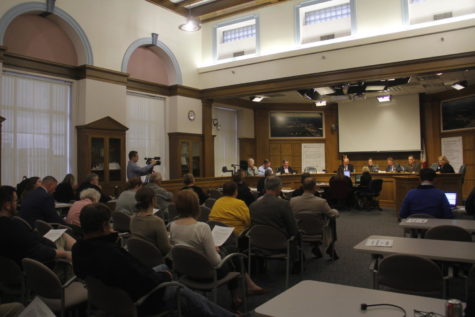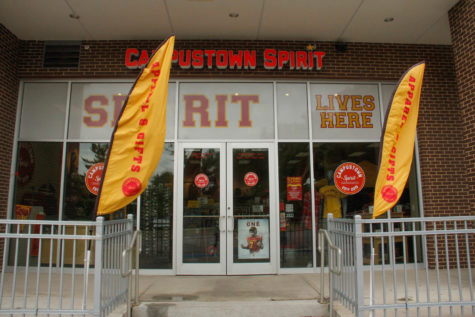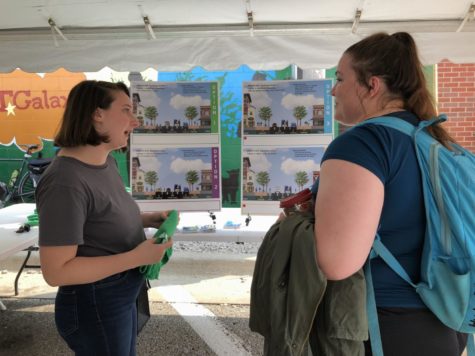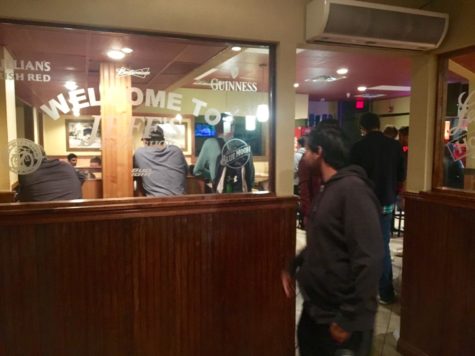Editorial: Campustown needs improvement, but not at cost of losing diversity
December 5, 2010
The ongoing discussion of Campustown renovation is exciting and promises new experiences for students should the city of Ames, Lane 4 and the university all come to an agreement. At the same time, we must not forget to be inclusive in our ideas of Campustown, and to provide opportunities for those with less representation and a slimmer pocketbook.
Many students are excited about bringing a wider variety of services and businesses to Campustown. An area that has been dominated by bars, cheap food and late-night shenanigans would do well to incorporate more daytime activities, retail variety and alcohol-free entertainment. Additionally, many of the Campustown properties are in sore need of better maintenance, renovation and, in some cases, likely demolition.
At the same time, we must be conscious of how much diversity is encompassed in the four blocks that make up the commercial section of Campustown, and hope that this diversity is embraced by all the stakeholders at the table before it’s too late. Where else in Iowa can you find an Indian restaurant, a karaoke bar, an urban clothing store and a nonprofit concert venue and community center?
While the renovations to Campustown have the potential to bring in chain restaurants, a grocery store and a movie theater, we worry about the potential of driving off the diversity that already exists. Bringing in large suburban chain stores will appeal to those students coming from suburban backgrounds, but what about the local businesses and international appeal of current establishments?
Getting a commitment from Walgreens or Smash Burger on bringing a franchise to Campustown could certainly excite investors, but may not be the best for the community. Wheatsfield Cooperative has a history of selling groceries and snacks in Ames while providing good jobs, community activities and an inclusive governance process. Cafe Beaudelaire makes a great burger, a strong cocktail and provides a place for international — and internationally minded — students to watch soccer.
Finally, the cheap rents of Campustown, while not good for property owners, have probably contributed to the emergence of a number of low-cost entrepreneurial ventures. From the Ames Progressive’s pass-the-hat revenue model to The Singer Station’s beginnings in a location that makes dorm rooms look large, Campustown has nurtured a number of organizations with a low cost of entry and a large base of students.
Campustown needs improvement. The political will that has been generated through years of GSB lobbying, public concern and City Council interest should not be tossed to the wind due to the necessarily complex interests of developing an area. However, current plans leave concerns as to whether or not everyone’s interests are being represented in a new Campustown.
Residents from all backgrounds, be it black, white, Latin, Asian, international or in-state, should have their interests represented in the future Campustown. Creating a retail, chain-based commercial zone with more parking appears to cater toward a suburban mentality.
A nicer appearance and higher occupancy doesn’t have to come at the cost of gentrification, defined by dictionary.com as “the buying and renovation of houses and stores in deteriorated urban neighborhoods by upper- or middle-income families or individuals, thus improving property values but often displacing low-income families and small businesses.”







